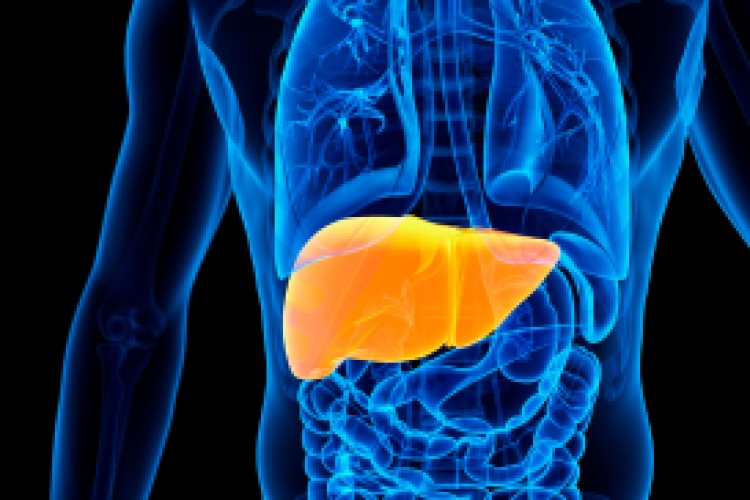Regular breast cancer screening is key to catching breast cancer early, while it is easier to treat successfully. “Breast cancer screening saves lives,” said Sunny Mitchell, MD, Medical Director of The Breast Center.
Women at average risk of breast cancer should start annual breast screening at age 40, Dr. Mitchell advises. You are at average risk if you do not have a strong family history of breast cancer (a parent, sibling, or child who has had the disease), you or your family members do not have one of the breast cancer genes (BRCA1 or 2), and you have not had a prior biopsy with high-risk findings. “Some women, such as those with a family history of breast cancer, or other risk factors, may be advised to start screening earlier than age 40,” she said.
Women who are screened at The Montefiore Nyack Hospital Breast Center receive a 3-D mammogram, which is more effective than a 2-D mammogram in detecting earlier cancers, and decreases the need for women to get called back for additional mammography. This type of mammogram is very good for women with dense breasts, which can make it harder for a radiologist reading the mammogram to see the cancer.
If a woman is found to have dense breasts on her mammogram, her doctor may also recommend ultrasound screening, which uses sound waves, or an MRI. It provides additional information on masses or lumps in the breast. An MRI may be used in certain cases, such as for women who carry breast cancer genes or have relatives who are gene carriers.
New Safety Protocols
The Breast Center at Montefiore Nyack Hospital has implemented strict protocols to ensure that breast screenings are done safely and efficiently, with minimal staff contact, Dr. Mitchell noted.
“At the height of the pandemic we held off on breast screening for several weeks in order to minimize any unnecessary contact, since so little was known about the virus at that time,” Dr. Mitchell said. “But once it became apparent that it was safe to reopen, we did so under a very robust safety protocol for women coming in for mammograms, ultrasound, and breast MRIs.”
Everyone who enters The Breast Center, both patients and staff, must wear a mask at all times. When patients come in for screening, their temperature is taken. The staff at the reception desk sits behind a plastic barrier. The staff asks patients a series of questions, including whether they have recently been diagnosed with COVID or know that they have been exposed, or whether they have any symptoms that might suggest they have the virus.
“We have ramped up the frequency and intensity of our cleaning,” Dr. Mitchell said. “All rooms and surfaces are cleaned prior to and after every patient. As always, our equipment is thoroughly cleaned.”
Patient appointments are spaced out to decrease contact with staff and other patients. “We go out of our way to maintain the personalized level of care that we’re known for, but we also aim to optimize speed and efficiency,” she said.
The women who have come in for breast screenings tell Dr. Mitchell they are happy with the new procedures. “They say they feel safe and secure, and they are happy to be able to get their mammograms, which they know is important for their health. It’s one less thing to worry about in this age of uncertainty.”



 Upcoming Events
Upcoming Events



